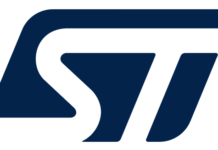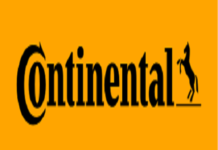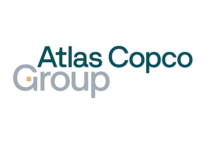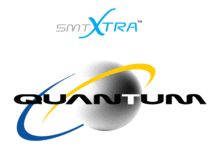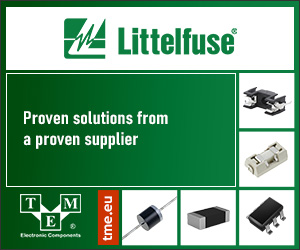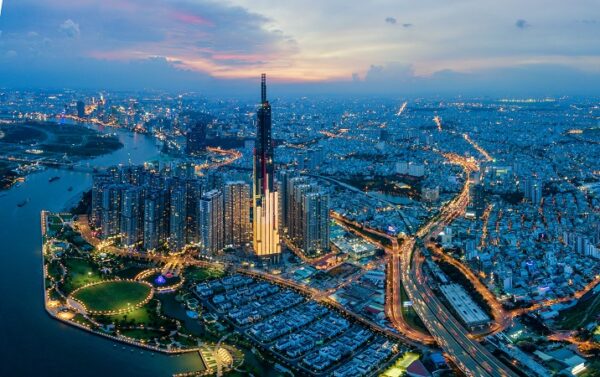
u-blox, a global provider of leading positioning and wireless communication technologies and services, has announced its partnership with Nagakawa Group, to develop smart Heating, Ventilation, and Air Conditioning (HVAC) and Variable Refrigerant Flow (VRF) systems digitally integrated with a Building Management System (BMS) software. The aim is to optimize energy consumption and reduce CO2 emissions in various buildings in Vietnam, such as offices, factories, warehouses and homes.
Nagakawa’s comprehensive smart VRF/HVAC and BMS solution is particularly relevant for a country where nowadays up to 45% of electricity generation still comes from coal-fired sources. Such innovative developments will contribute to the Vietnamese government achieving its goal of net-zero CO2 emissions by 2050, as pledged at the UN Climate Change Conference (COP 26) in 2021.
Nagakawa’s new smart building solution should play a crucial role in the digital transformation of various types of buildings. Supported by BEMServer, described as the world’s premier open source building energy management platform, and enabling manual or automatic adjustment of HVAC/VRF systems, the solution will help curb energy consumption and reduce CO2 emissions. Power consumption data from the VRF/HVAC systems is sent to an AIoT cloud server, where it is analyzed and pushed as a notification to the BMS dashboard. As the data is accessible through a wide range of devices, such as smartphones, tablets, laptops, or building control centers, the facility manager or system owner can take immediate action to prevent electricity waste.
Nagakawa is partnering with u-blox and the BEESOTA 6G Alliance to build a comprehensive system, with gradual implementation into buildings planned throughout Vietnam. u-blox provides cellular connectivity via its multi-mode LTE Cat 1bis LENA-R8 module, equipped with the global and ultra-low power MQTT Anywhere IoT communication service. The u-blox Thingstream cloud-based delivery platform then enables simple processing, transformation, and integration of messages to the enterprise. This integration ensures seamless connectivity and robust security for air conditioning systems.
Implementing Nagakawa’s comprehensive solution in buildings provides dual benefits to its initiators. Firstly, it reduces operational expenses and monthly electricity bills. Secondly, it makes it easier to acquire the Vietnam Green Label, certifying adherence to environmentally friendly Green Label Criteria set by the Ministry of Natural Resources and Environment (MONRE).
The successful deployment of this sustainable solution across Vietnam could also lead to further expansion in other countries.





